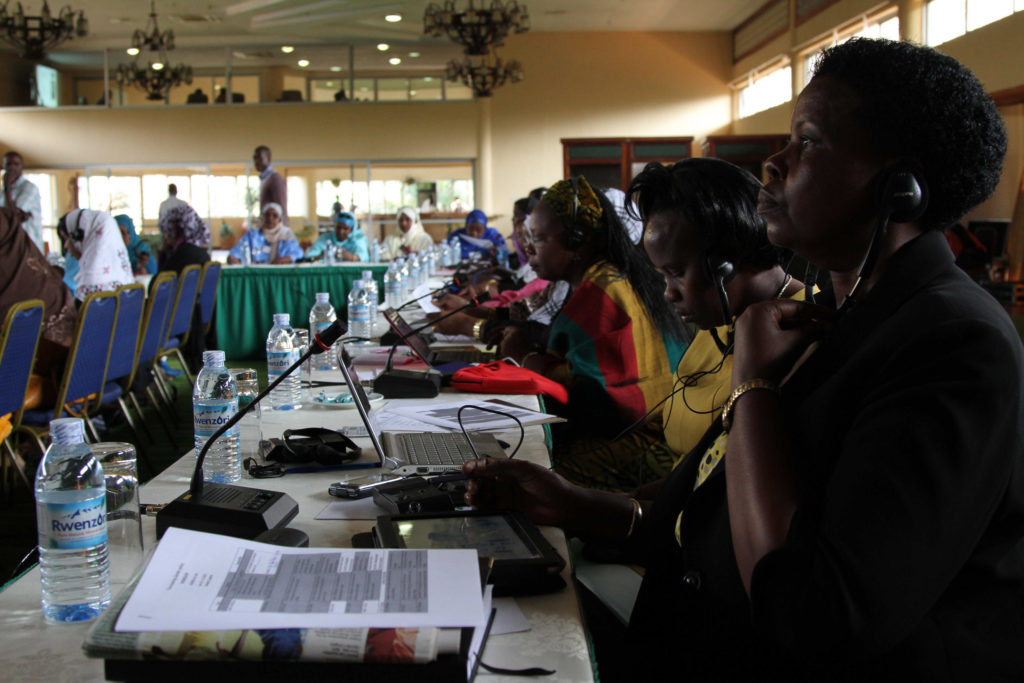
The last decades have seen many strong women become political leaders all over the world. While they are still not as numerous as their male counterparts, many young women and girls look up to them as their role models. But many don’t. And that is because of the backlash and continuous sexism these female leaders are facing, even when their actions and reactions have absolutely nothing to do with their gender. It’s still very risky to voice certain beliefs publicly as a woman.
Earlier this month, Jonita Davis advocated a more respectful tone when speaking of female (black) politicians in the run-up for the 2020 US Presidential elections. Her article highlights the struggles black female politicians face within their own communities – but her point can be taken a lot further on that path. Women in powerful positions, be it economics, politics or science, are often held accountable for their (alleged) mistakes with regard to their gender. Take your native language, or one you know well, and try to come up with as many proverbs or sayings as you possibly can, that either define women as the weaker sex, or excuse female mistakes with gender. Adding to that, women tend to be a lot more critical and even unfair with other women (Queen Bee Syndrome), and that puts female leaders in an invidious position. It would seem that everyone has their prejudices.
Our everyday language and way of speaking about women in public positions can discourage girls and young women from seeking a place in higher ranks. Clichés, prejudice, and scrutiny of every little step these female leaders take make it hard for the younger generation to follow in their steps. And nearly everyone of us is guilty for perpetuating stereotypes.
Our everyday words and interaction with women in leading positions influence how they are being looked at. It is in our power to stop scrutinizing and denouncing female leaders just because they are female or have female characteristics. If we don’t watch our language, it will soon leave us with even less of these strong, powerful women who sacrifice so much for our society.
-Kristina Kraemer
Junior Editor
Girl News International
